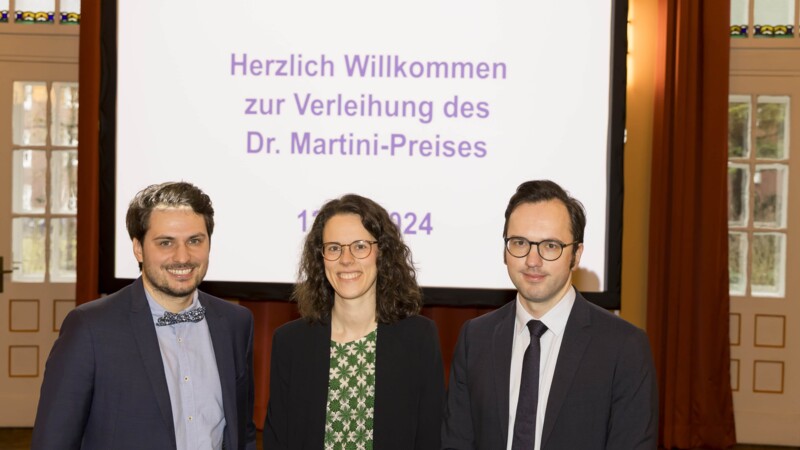"Digitalisation is now an essential tool in medicine. It guarantees rapid access to relevant information, increases safety and is an effective link between treatment and professional groups. UKE prioritised AI very early on and we are pursuing this path," said Prof Dr Christian Gerloff, Medical Director and CEO of UKE. Work is now underway on an AI-based assistant systems that indicates complex correlations in disease progression. "This could involve an AI application for doctors' letters, AI-controlled measuring devices for therapy or a digital operating theatre. AI can supplement and ease the work of doctors and nurses," said Fegebank, during her visit.
The University Medical Hospital Hamburg-Eppendorf (UKE) presented Friday (October 11, 2024) its latest AI tools and a digital theatre to Katharina Fegebank, Senator for Science, Research and Equality during her recent visit. UKE is pioneering the use of such tools in hospitals and in 2009, it became the first hospital in Europe to introduce an electronic patient file. This forms the basis for many other digital developments that boost the quality and efficiency of healthcare.
UKE focusing on artificial intelligence
Driverless transport, digital operating theatre and "smart tools"
The electronic patient file allows UKE's doctors to access information from seven million medical data records quickly and easily. Based thereon, UKE recently introduced the AI language model "ARGO Clinical Letters", developed by its subsidiary "Innovative Digital Medicine" to help doctors prepare discharge reports and improve patient care. These AI applications for everyday use will be made available to hospitals and research institutions outside Hamburg.
Another flagship project at the UKE is a driverless transport system that transports goods for hospital operations underground. Robot-assisted operating theatre systems are used in the digital operating theatre to help surgeons with complex operations and using telemedicine. The UKE's Institute for Applied Medical Informatics is also developing a range of smart tools such as AI in peaked caps, wristbands and watches to improve the treatment of neurodegenerative diseases such as Parkinson's disease.
fw/mm/pb
Sources and further information
More
Similar articles

Hamburg to become model region of digitalized health care

AI's impact on medicine

